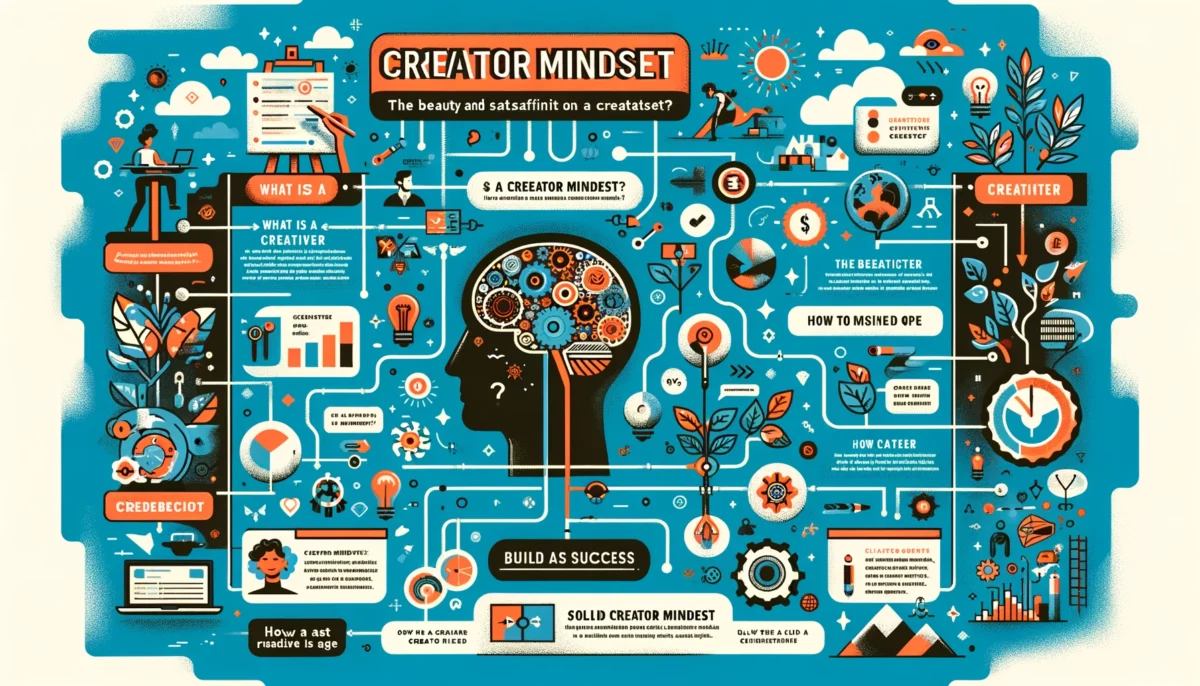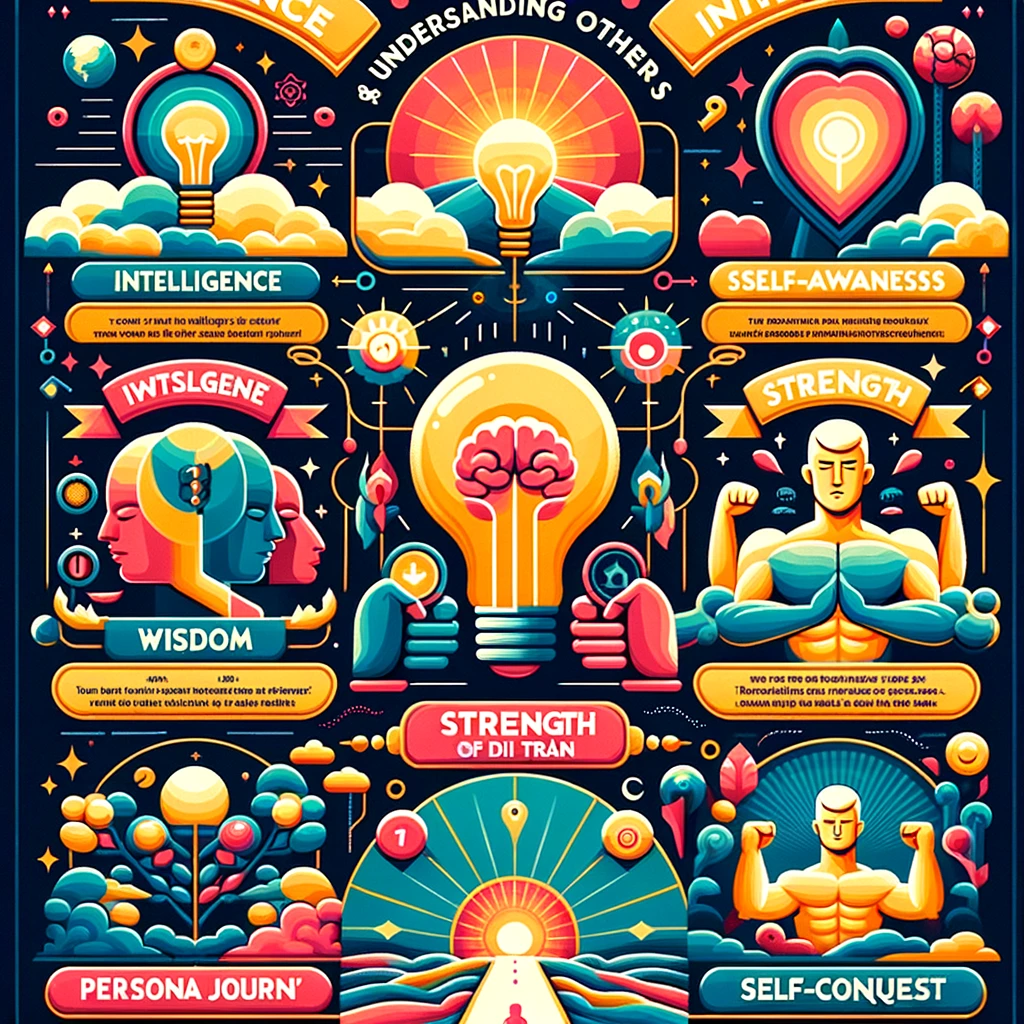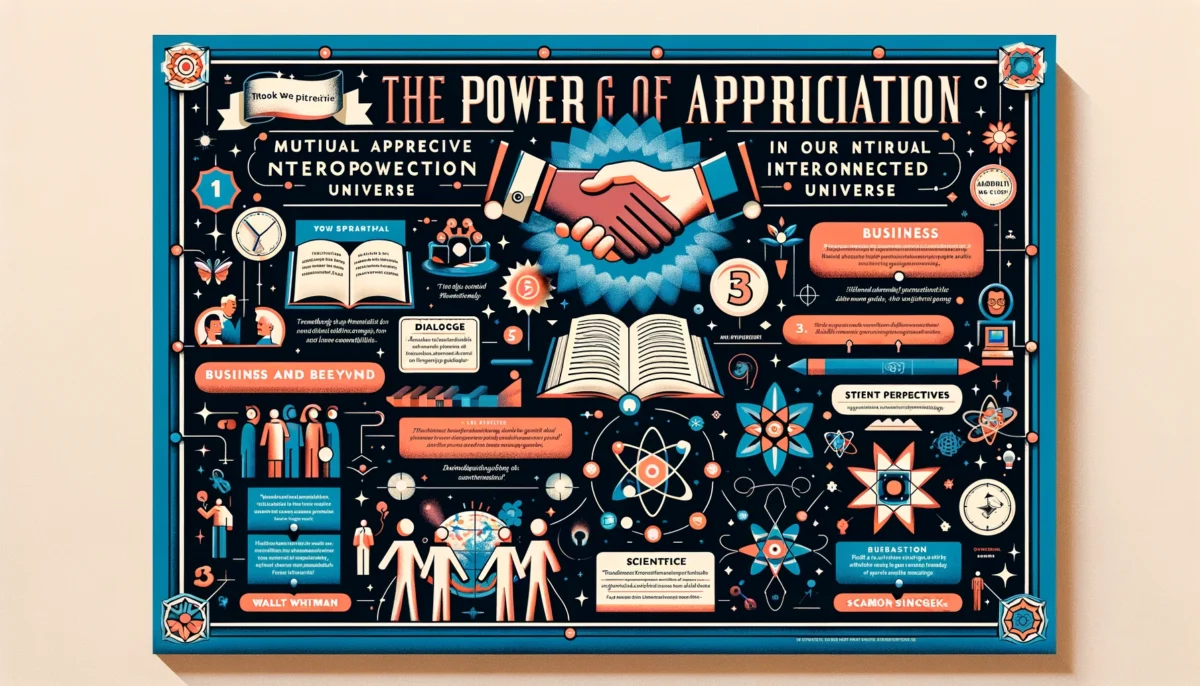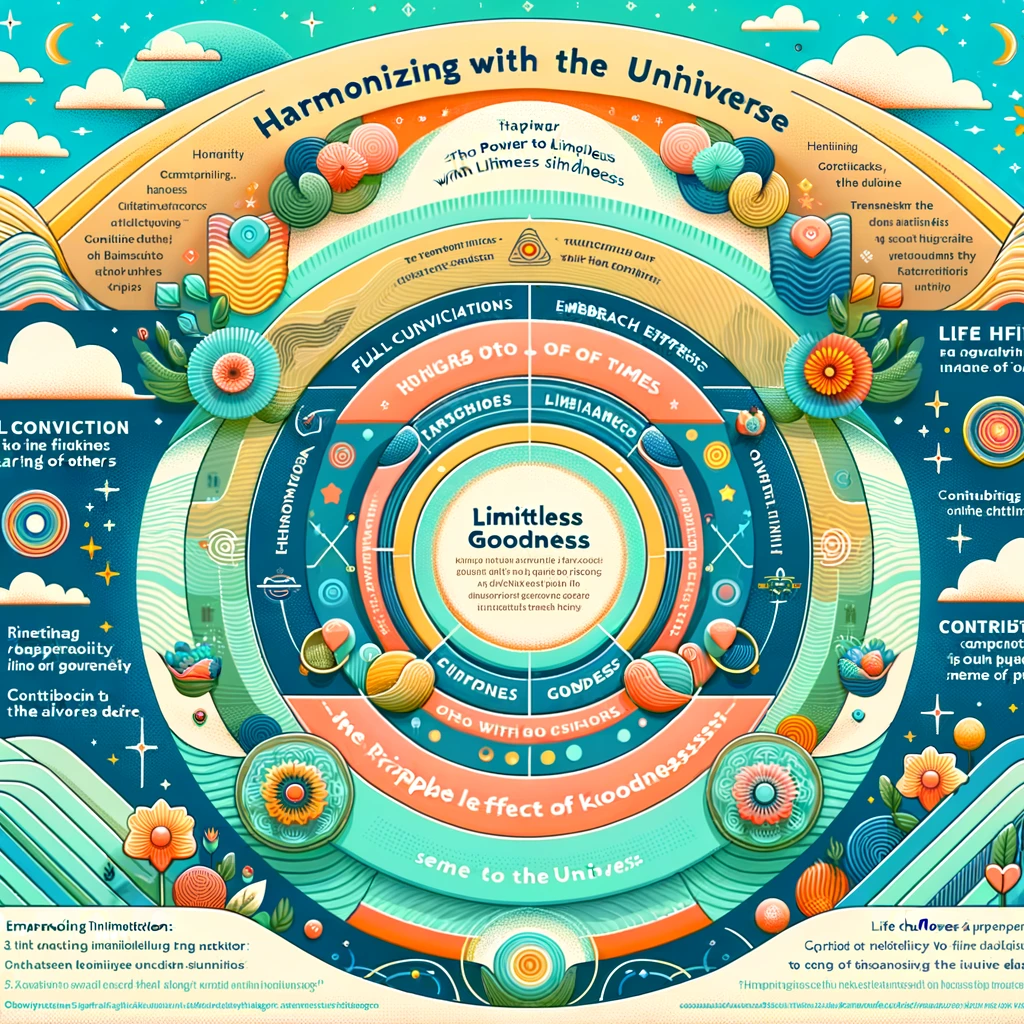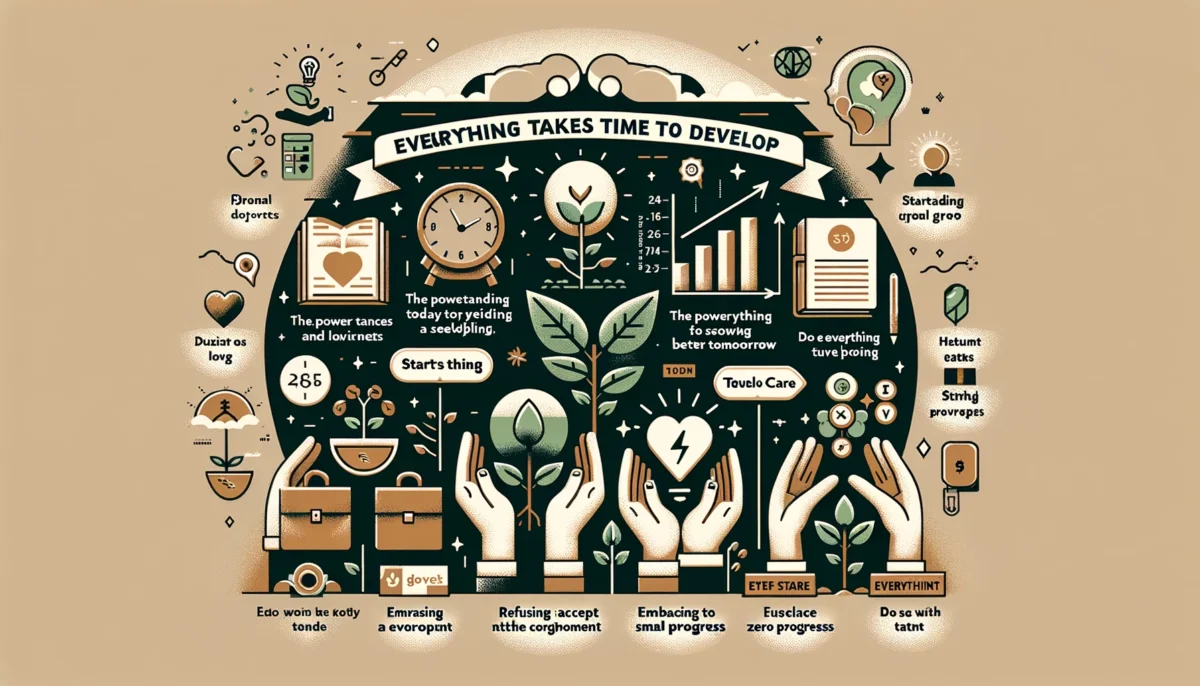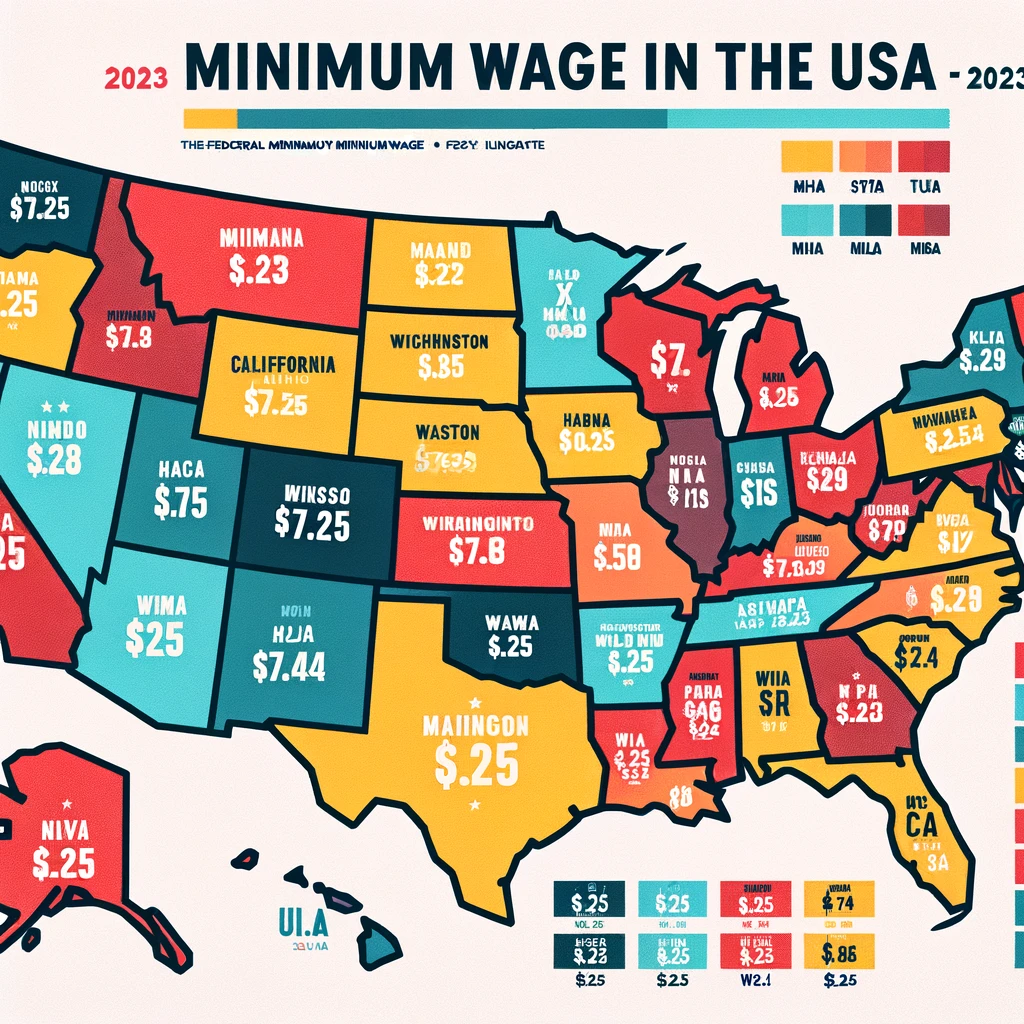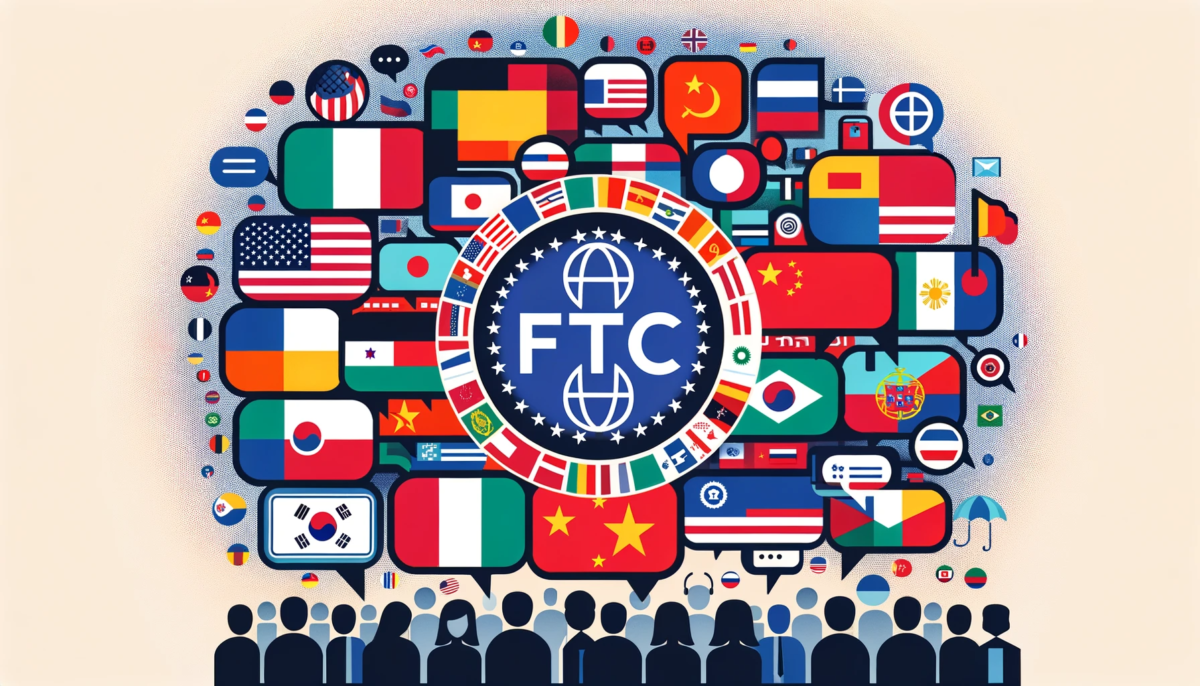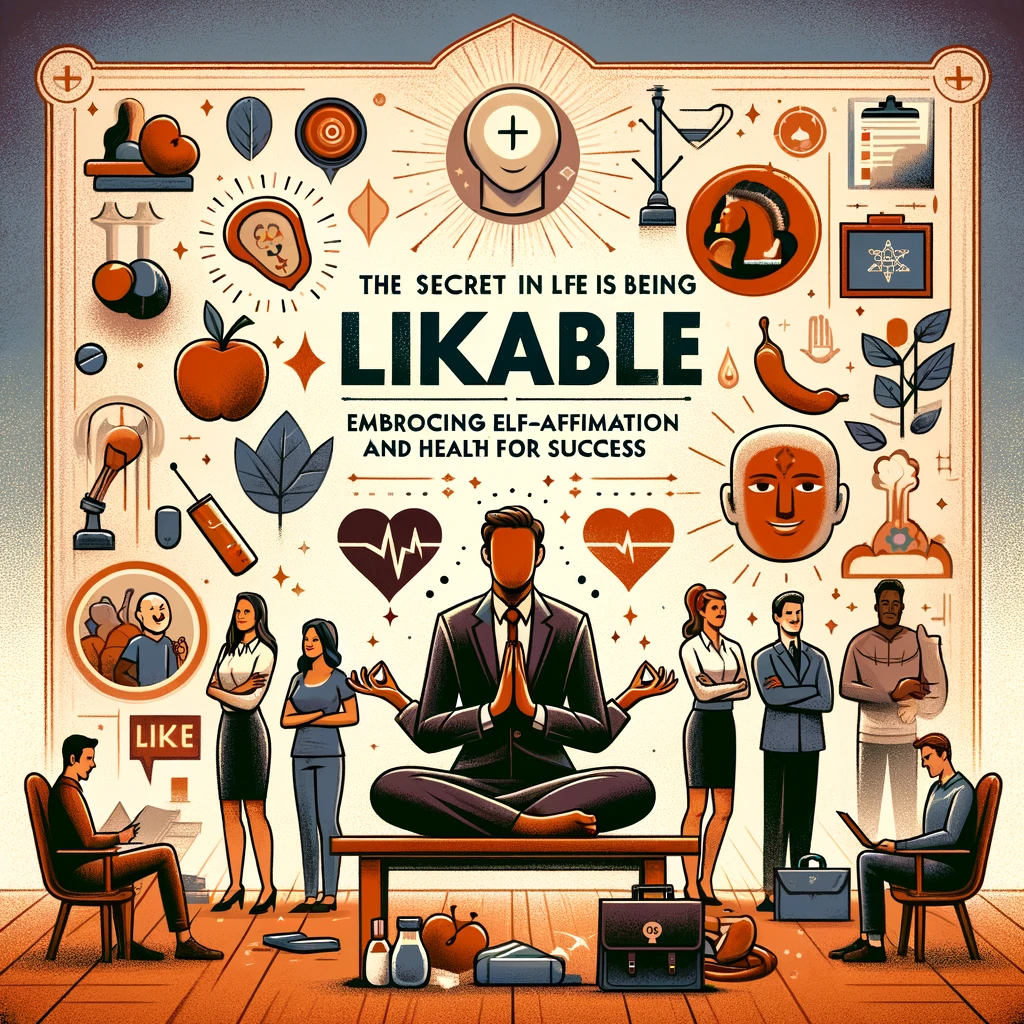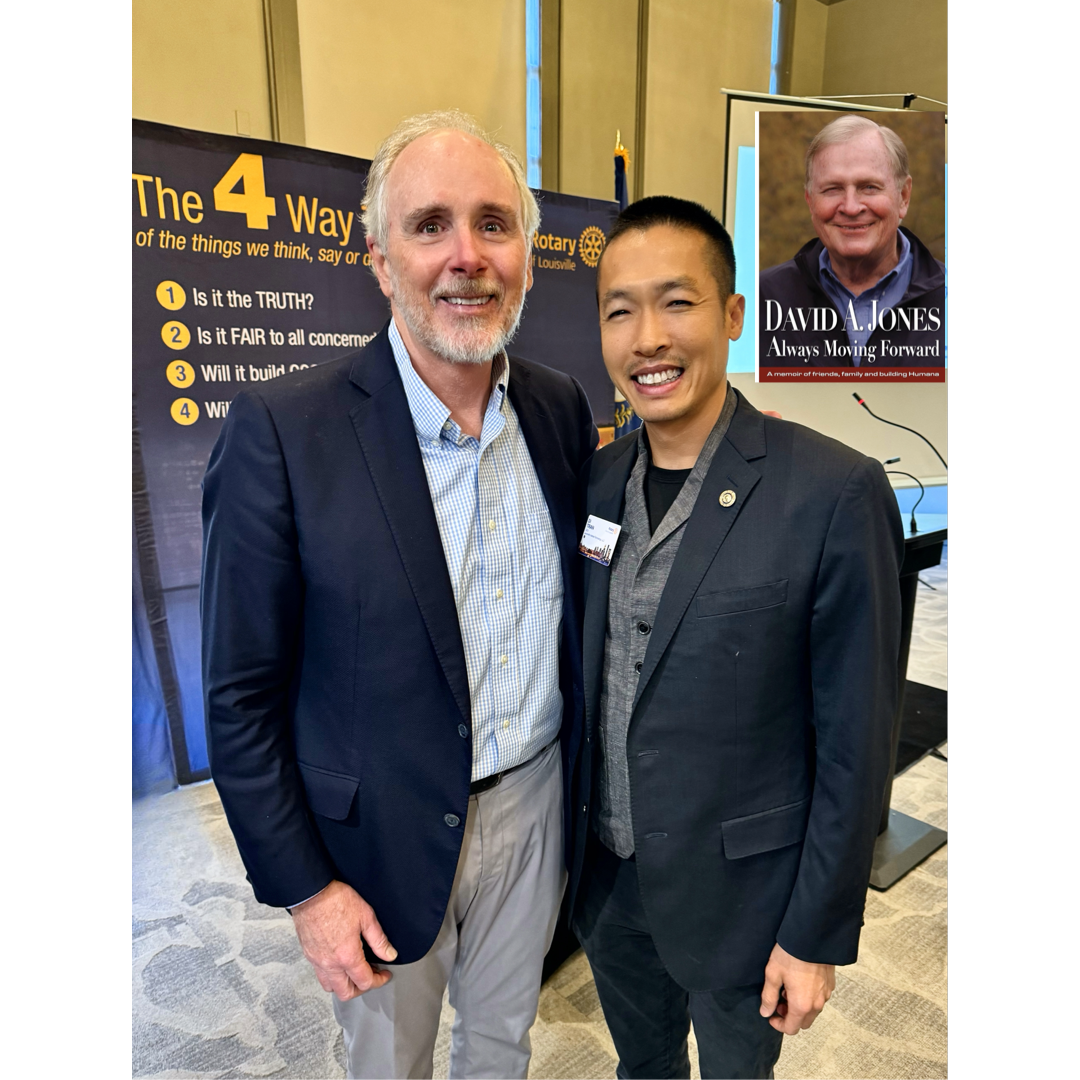Introduction The concept of a “creator mindset” is increasingly recognized as a cornerstone of personal and professional success. This mindset is not just about creating art or content; it’s about approaching life with creativity, innovation, and a hands-on attitude. It’s about seeing possibilities where others see obstacles and about being a proactive architect of one’s own life.
1. What is a Creator Mindset? A creator mindset involves seeing yourself as an active participant in shaping your life and the world around you. It’s about taking responsibility for your experiences and outcomes, rather than being a passive consumer of circumstances. This mindset fosters resilience, adaptability, and a continuous thirst for learning.
2. The Beauty and Satisfaction of a Creator Mindset Adopting a creator mindset brings a deep sense of fulfillment and satisfaction. When you create something, whether it’s a physical product, an idea, or a solution to a problem, you experience the joy of bringing something new into the world. This process is inherently satisfying and often leads to a sense of accomplishment and pride.
3. How a Creator Mindset Leads to Success In the professional realm, a creator mindset is invaluable. It leads to innovation, which is a key driver of success in today’s fast-paced, ever-changing world. Creatives are often ahead of the curve, identifying trends and opportunities before they become mainstream.
Example: Consider the story of Sarah, a software engineer who noticed a gap in her company’s product offerings. Instead of waiting for someone else to address it, she took the initiative to develop a new feature. Her proactive approach not only solved a problem but also led to a significant increase in customer satisfaction and company revenue.
4. The Role of Age in Cultivating a Creator Mindset Far from being a trait one is born with, a creator mindset is often honed over time. As people age, they accumulate experiences and skills that can enhance their creative abilities. With age comes the wisdom to see connections and possibilities that might be invisible to the younger eye.
5. Building a Solid Creator Mindset Developing a creator mindset takes time and deliberate effort. It involves stepping out of your comfort zone, embracing challenges, and being open to learning from failures. It’s a lifelong journey of personal growth and self-discovery.
Conclusion In conclusion, cultivating a creator mindset is not just about enhancing personal and professional success; it’s about finding value and fulfillment in the process of creation itself. As we age, this mindset becomes an invaluable tool for navigating life’s complexities and realizing our full potential. It’s a beautiful journey of continuous growth and self-improvement that leads to immense satisfaction and success.

